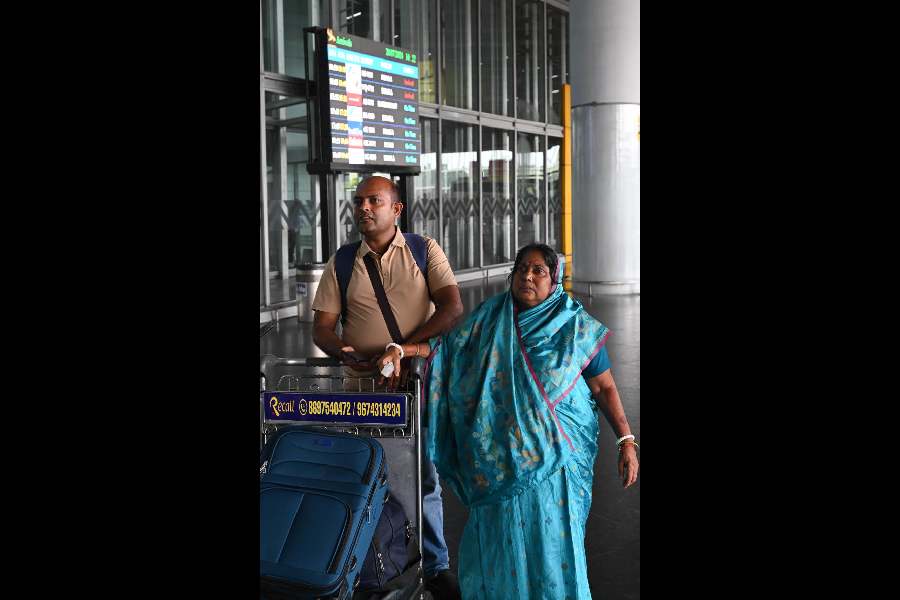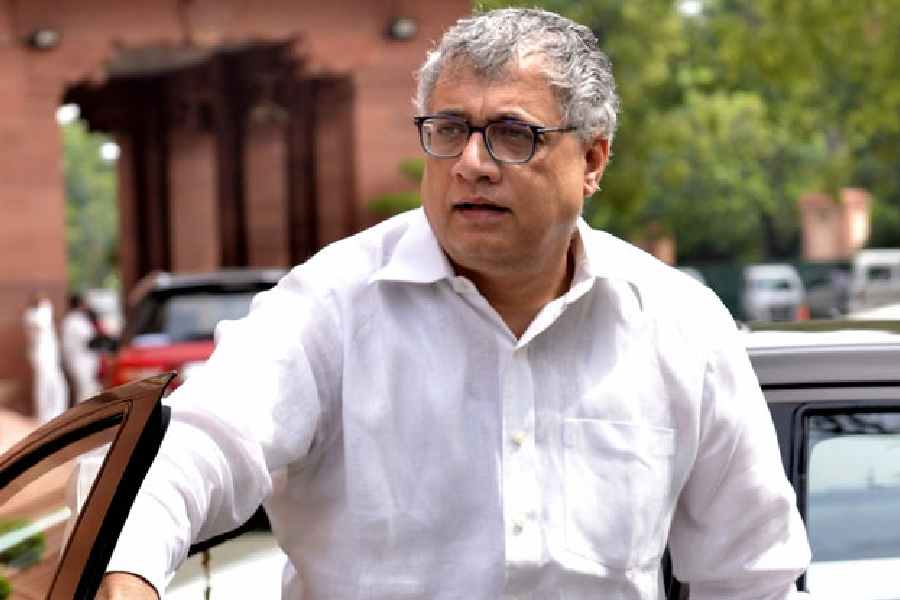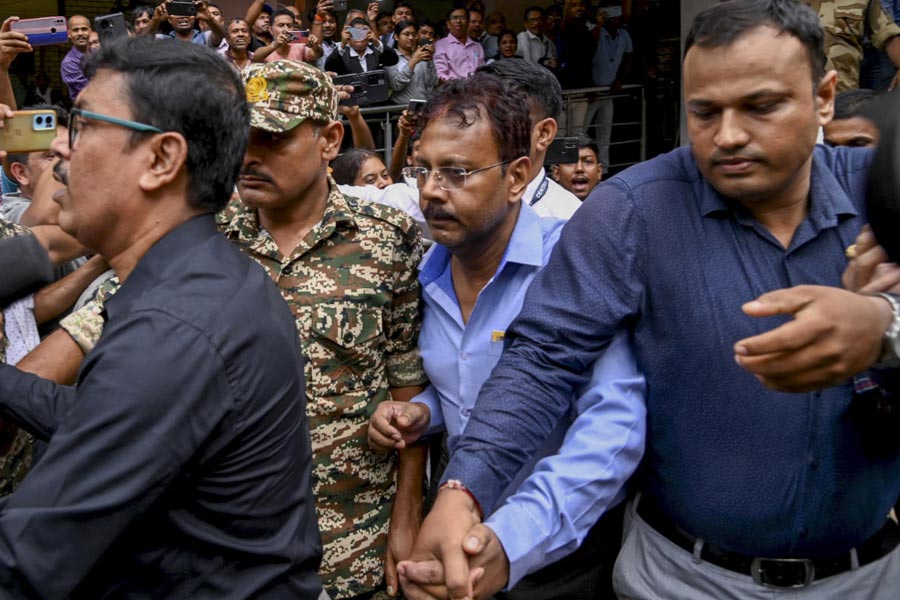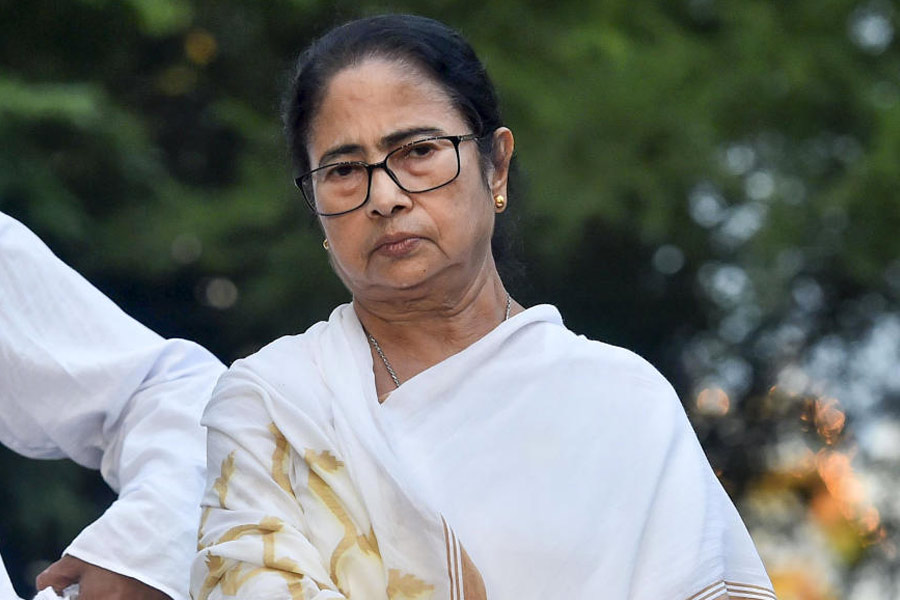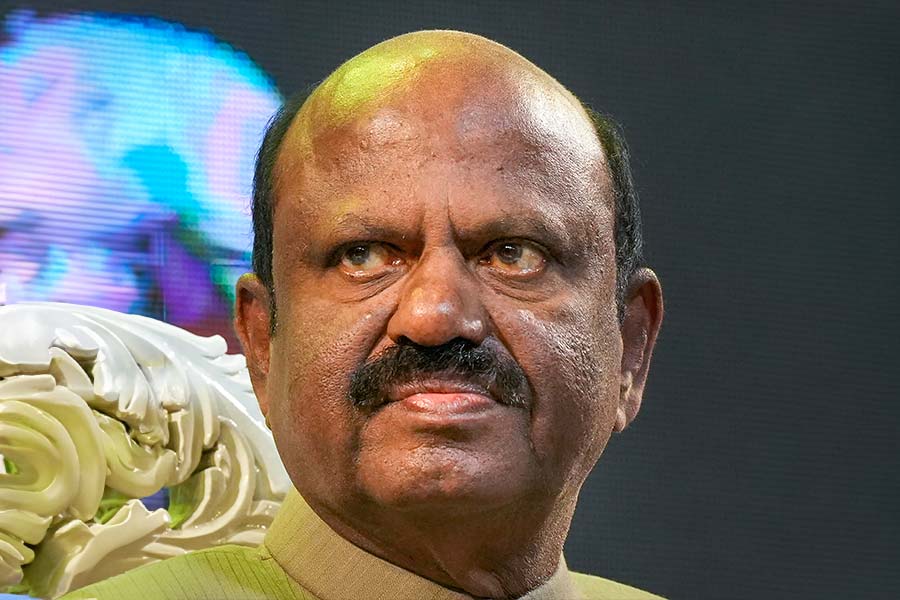A fragile calm hung over Bangladesh on Saturday after the government imposed a nationwide curfew and called in the army on Friday night, following days of violent anti-quota protests that media reports say claimed at least 105 lives.
Interest is now centred on the Supreme Court, which will on Sunday morning take up a government petition aimed at abolishing the 30 per cent reservation for relatives of freedom fighters in government jobs, a move that is in line with the protesters’ demand.
The court was to hear the plea on August 7 but has advanced the matter with the situation in mind.
“A bench headed by the chief justice will hear the case tomorrow in the first hour.... The government has appealed to the court to quash a high court order that reinstated the quota after it was scrapped (by the government) in 2018,” attorney-general Aminuddin Manik said on Saturday evening.
The ruling Awami League hopes a favourable Supreme Court order will pave the way for the return of normalcy, since the main demand of the students’ agitation, which began on July 1, is that the quota be cancelled or its volume heavily reduced.
If the protests continue even after that, the government will find it easier to claim that vested interests are behind the movement, a source in the Hasina establishment said from Dhaka over the phone.
“Once the students are out of the protest, it will be easier for the government to crack down on the elements that have been fomenting trouble,” the source said.
“That we are banking heavily on the Supreme Court verdict can be gauged from the decision to impose the curfew till Sunday morning.”
The government has, however, announced the closure of all public and private institutions till Monday.
Bangladesh has remained virtually cut off from the rest of the world with phone lines and Internet services down for the second consecutive day. There’s no clarity on when the lines will be restored.
This newspaper could reach two sources over the phone after several attempts on Saturday evening.
During the brief conversations, it emerged that the situation in the volatile areas of Dhaka and other cities, such as Chittagong and Rangpur, had been brought under control thanks to the curfew and the presence of the armed forces.
“In comparison to yesterday’s (Friday’s) violence (when at least 56 people were killed, media reports said), things were largely under control today. Roads were
deserted in Dhaka; people hardly came out of their homes,” the other source said.
BBC Bangla, however, reported that 10 people had died on Saturday in protester-police clashes.
Over the past four or five days, Bangladesh had witnessed tumultuous violence as the anti-quota movement transformed into an all-out rebellion against the Hasina government.
There is little doubt that Hasina, lauded for her country’s remarkable economic growth over the last decade, has seen her image take a beating with the protesters holding her responsible for the “killing of students” and demanding her resignation.
Although the Awami League attributes these accusations and demands to Opposition forces like the Jamaat-e-Islami and the BNP, which have been piggybacking the student movement to unsettle Hasina, the government cannot escape blame for its tardy response to the students’ demand.
At least two sources in the Indian establishment told this correspondent that “mishandling” by the Awami League leadership was the reason a student movement had snowballed into a full-blown political crisis.
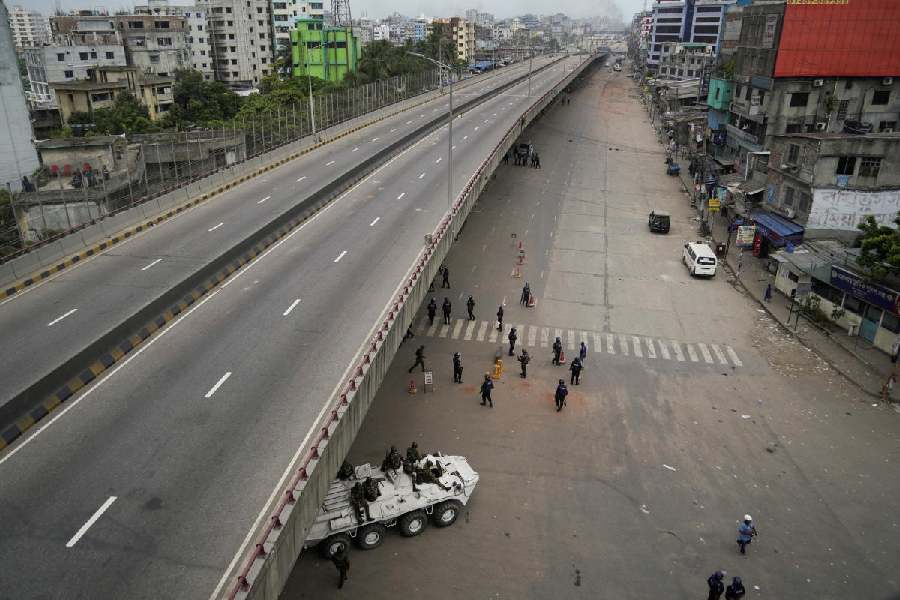
Members of the Bangladesh Army sit on an armoured vehicle along with police during a curfew imposed in response to student-led protests against government job quotas, in Dhaka, Bangladesh. Reuters
“Provocative statements from senior Awami League leaders gave an impression that the government was in favour of the quota, but in reality the government moved an appeal against the high court order on July 10,” a source said. “The movement began on July 1 and they (the government) had ample time to speak to the students, which they didn’t. The Opposition has grabbed the opportunity.”
Referring to the explosion in anti-Awami, anti-Hasina posts on social media, the source added: “The failure of the Awami League leadership to restrain its student wing (Bangladesh Chhatra League) leaders from attacking the protesters added to the chaos. It angered not just the protesters but also the common people.”
Asked whether the public anger might trigger further political instability in Bangladesh, the other Indian source said the “next seven days or so” would be critical.
“The situation remains extremely fragile as Hasina’s detractors, both in Bangladesh and beyond, will try their best to see her go,” the source said.
“Political stability in Bangladesh, which is linked to the stability of the Hasina government, will depend on how she handles the situation over the next week or so.”
Hasina’s office announced late on Friday night that she had cancelled her trip to Spain and Brazil, scheduled early next week.
The Bangladesh Nationalist Party has issued a statement demanding the withdrawal of the curfew.

